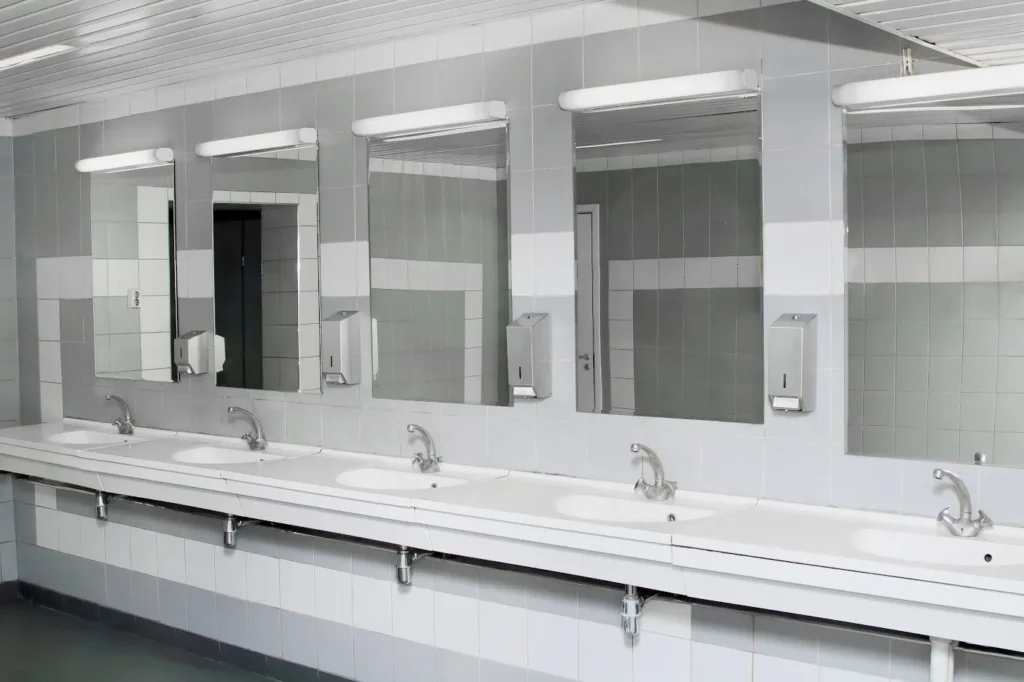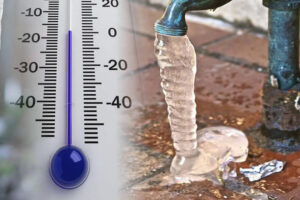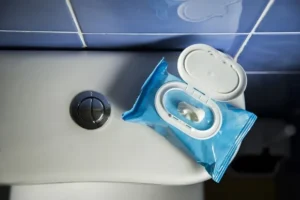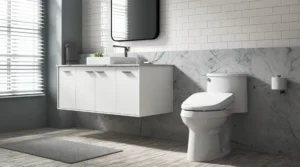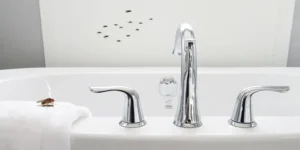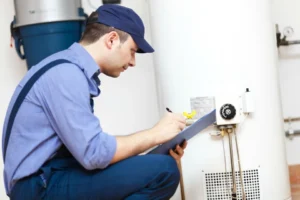You have many responsibilities in your business to ensure its success. A successful business involves various elements, some obvious and some that might be outside the top of your priority list.
In most cases, plumbing isn’t at the top of a business owner’s to-do list until something goes wrong. A plumbing issue can, however, quickly cause a lot of inconveniences. Fortunately, if you take the time to understand what to expect and what to look for, you can help avoid plumbing problems.
Below are some common commercial plumbing issues to keep an eye out for.
Fixture Leaks
The constant use of fixtures in commercial properties can contribute to the wear and tear of seals, washers, and O-rings. Fixtures such as faucets can leak if seals or washers wear out or become damaged.
Leaking fixtures waste a lot of water. A leaky faucet can waste more than 3,000 gallons of water per year if it drips at one drip per second. Therefore, make sure a plumber fixes the leaks as soon as possible.
Clogged Drains
In most cases, clogs occur because obstructions accumulate in the pipe network. A clogged drain is a common problem in almost every house, and commercial properties are no exception. In commercial properties, drains may clog even more frequently since more waste usually passes through the drains every day.
You can tell if your drain has a clog if the water drains slowly. Pooling water or strange sounds in pipes are also signs to watch out for.
A clogged drain can often lead to several other problems, regardless of whether it’s in an apartment toilet or a restaurant kitchen. A clog can damage the business’s image and violate the building’s health and safety regulations. Thus, let a plumber handle the issue at the onset.
Nonetheless, clogs are quite easy to avoid, so try to avoid them as much as possible. To help reduce the risk of clogs, schedule regular drain cleaning services and practice better drain usage habits.
Sewage Odors
Technically, sewer odors are sewer gases the sewer system produces. The gas is a mixture of hydrogen sulfide, methane, carbon dioxide, ammonia, and nitrogen. The natural foul smell of hydrogen sulfide and ammonia is the cause of the sewer odors.
Among the most common causes of sewage odor are:
- Dry traps. A trap is a U-shaped pipe or tubing that collects liquid to prevent sewer gases from entering the building interior. In a dry trap, odors can escape unabated.
- Blocked vents. As wastewater travels down the system, vents allow gas to escape, thereby equalizing the pressure. Gas cannot escape through a blocked vent, so it accumulates inside the building, causing odors to develop.
- Damaged drain lines. Drain lines transport sewage and sewer gases away from buildings. Drain lines can break or crack, which releases odor into the buildings rather than carrying it away.
Your business can significantly suffer when you have sewage smells on your hands. The smell of sewage can turn potential customers away and discourage your employees. So if you’ve noticed even the slightest sewage smell on your property, make sure you handle the problem fast before it gets out of hand.
Water Temperature Problems
A commercial hot water system is significantly larger and more complex than one in the average home. A commercial hot water system will have to handle more and be under a lot of strain. As a result, water temperatures can fluctuate, water may not heat up adequately, or a complete stoppage of hot water flow can occur. Often, the issue is not the water heater but other electrical issues.
When you attempt to fix the water temperature problem yourself, you can cause electrical outages or short circuits. Or you could get burns from a sudden burst of hot water. Therefore, if you notice a problem with your water heater, reach out to a professional.
The possibility of other plumbing problems, both large and small, can also arise unexpectedly. Whatever the issue, reach out to a plumber right away.
If you face plumbing issues on your commercial property, contact our expert commercial plumbers today for help.



